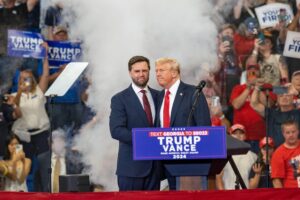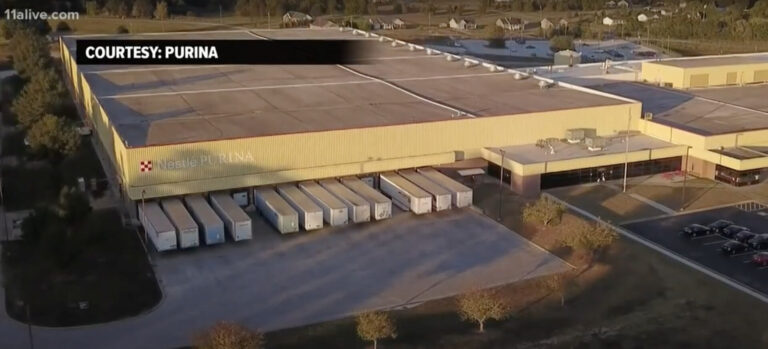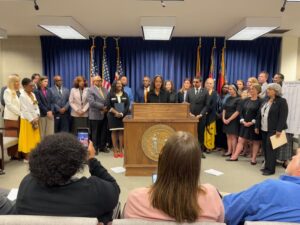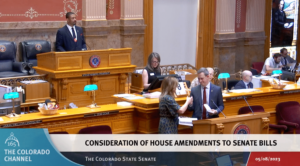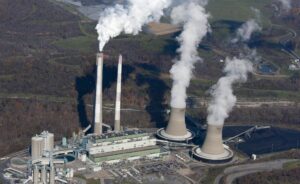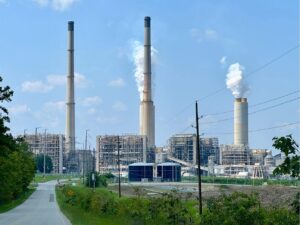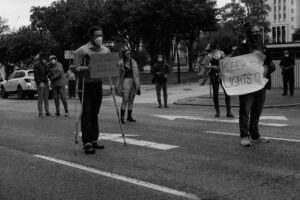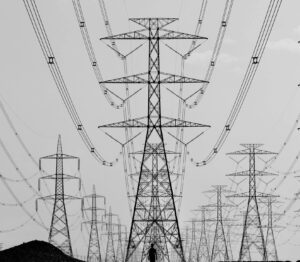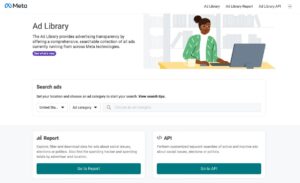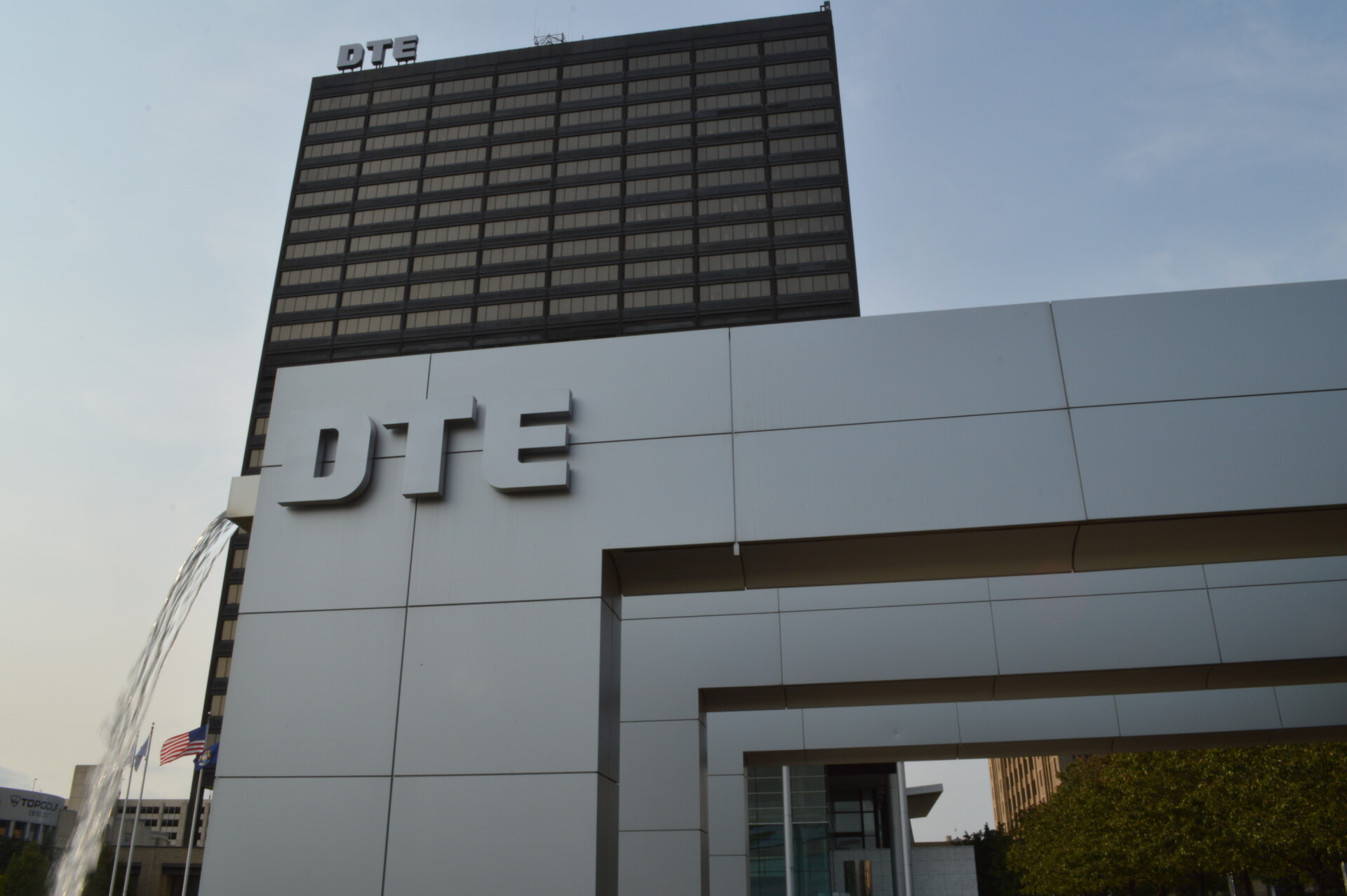
DTE dark money ties revealed in criminal court filings
June 23, 2025
DTE Energy employees directed the transfer of money from one dark money nonprofit to another tied to a Michigan official, recent criminal court filings show, contradicting years of the utility denying or downplaying its involvement in secretive political giving. The filings represent the most definitive evidence yet suggesting DTE employees have controlled the activities of…
Read moreArticles
Georgia Power loses legal battle over Nestlé’s clean energy demand
Georgia Power loses legal battle over Nestlé’s clean energy demand
After five years of aggressive legal maneuvering, Georgia Power has lost its battle to stop Nestlé Purina from choosing a different Georgia utility that could…
Reports
Showing 10 out of 31 reports
Get in touch
Want to schedule an interview with one of our staff members? Do you have a question or want to provide information? Contact us.


